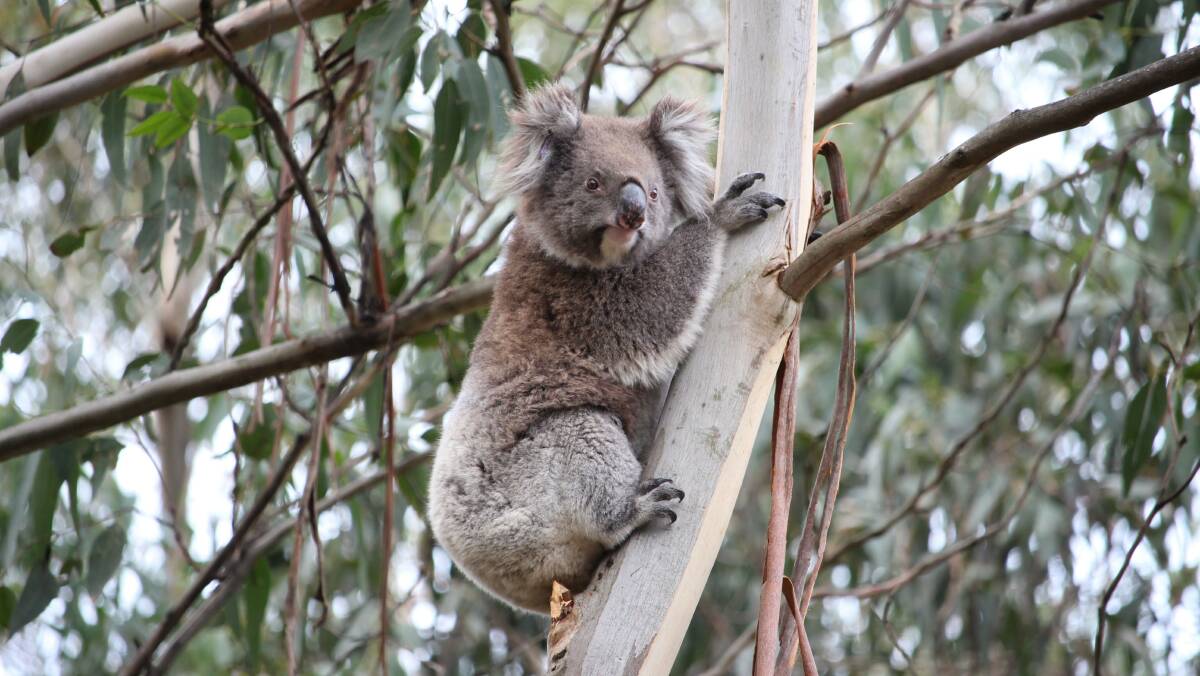
More than 160 koalas have been relocated from the Framlingham township and 23 euthansed to deal with an over-population problem in the area.
Subscribe now for unlimited access.
or signup to continue reading
The over-population problem was causing a shortage of feed for the koalas, damaging the health of some of the animals as well as that of trees in the area.
Department of Environment, Land Water and Planning (DELWP) statewide wildlife programs manager Vural Yazgin said 193 koalas underwent health checks and 76 females had their fertility controlled to reduce their breeding rates.
“All koalas captured underwent a health assessment by veterinarians from Zoos Victoria,” Mr Yazgin said.
“One koala was released back to the Framlingham site and two were taken into care by a local wildlife shelter.
“Staff translocated 167 koalas to the Fergusons and Claude Austin State Forests, south of Rocklands Reservoir (west of the Grampians).
“This site was identified as a suitable location for the koalas from Framlingham due to its similar vegetation characteristics and very low koala densities.
“Unfortunately, vets assessed 23 koalas as being too sick or having other serious health issues and these were humanely euthanised to prevent further suffering,” Mr Yazgin said.
“The data collected during the program will help us improve our understanding of the health of the Framlingham koala population. The program was necessary due to a significant increase in koala numbers at Framlingham over the last decade.
“This is believed to be the result of koalas that were displaced and searching for new habitat following the Framlingham Forest fire in 2005-2006.
“Koala populations increase significantly when their habitat is dominated by highly favoured food trees, such as River Red Gum and Manna Gum.
“The Framlingham township and the adjacent Hopkins River are dominated by these tree species, resulting in a koala population that is at unsustainable levels and significantly impacting tree health,” Mr Yazgin said.
“DELWP thanks the Framlingham community especially landowners, traditional owners and local wildlife rehabilitators for their cooperation during the program.”














